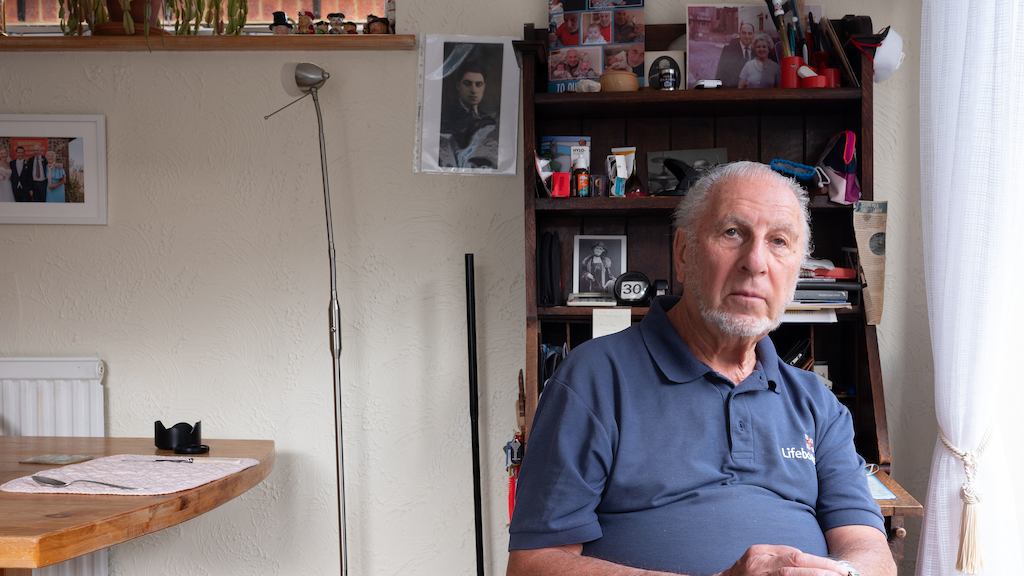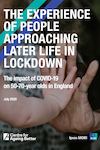Since the start of the COVID-19 pandemic in spring 2020, we have had to adjust to a very different way of life. Almost overnight our normal freedoms were taken away. Workplaces, cafes, restaurants, pubs and other social venues were closed, and we weren’t allowed to meet up with family or friends beyond our immediate household, let alone hug them. Whilst for some this forced change of pace was welcome and gave time to reflect on what really matters, for many it created stress and anxiety about issues such as health, financial security and housing, and increased feelings of boredom, loneliness and isolation.
At the Centre for Ageing Better, we are interested in adults in mid-life (aged 50-70) and how we can ensure that they enter later life in good health with financial security, good housing and strong social connections. As the pandemic continued and the mitigation strategies became more stringent, we started to ask what the mental health impacts would be for this group, many of whom would be juggling employment with caring and homeschooling responsibilities. We ran a survey among adults aged 50-70 in summer 2020 to try to answer this.
More than a third (36%) of our survey respondents told us that their mental health had deteriorated as a result of the pandemic. Individuals living alone were more likely to say that their mental health had suffered during lockdown (43% versus 36% overall) with increased feelings of stress and anxiety.
Personal health was a pressing concern for those with a pre-existing health condition and those shielding due to their own or a family members’ health. And lockdown caused additional pressure and stress for people providing unpaid care to people they lived with, with the closure of day centres and other support services leaving them isolated, unable to access help with their caring responsibilities and at times negatively affecting their relationships.


